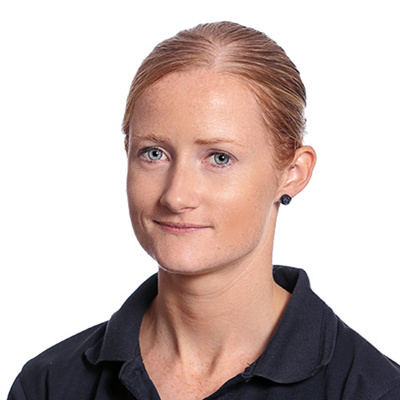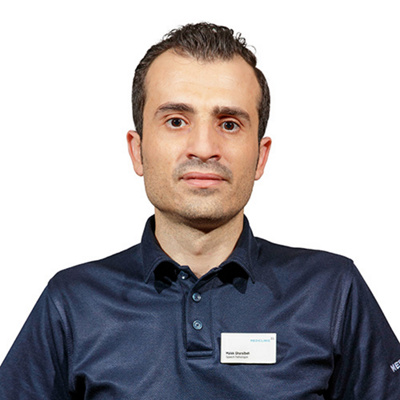Adequate and targeted neurorehabilitation can make a significant contribution to the recovery of the patient. A customised concept helps to reactivate the lost skills and to plan the best course of therapy, particularly in stroke patients with neurological deficits, such as paralysis, restricted bodily functions or loss of speech. If targeted and consistent training does not take place, and the patient challenged accordingly, these skills, usually taken for granted, will be irretrievably lost
What is the role of the Rehabilitation Department?
Some professions are grouped under the heading of the Rehabilitation Department. Each profession has a regulatory body and clinicians must appear on the professional body register to practice.
PHYSIOTHERAPY
- To address the recovery of the sensory motor function of the upper and lower limb to aid the recovery of the functional ability of walking and arm functions.
- To assist in the management of MSK complications such as shoulder pain, limb swelling and respiratory problems that may develop in the acute stage
OCCUPATIONAL THERAPY
- To assess and treat the underlying components impacting on occupational performance for activities of daily living (self-care, leisure, work, social)
- To facilitate activity of daily living strategies and techniques to manage with motor, sensory, cognitive, and visual-perceptual deficits with the person, primary support system and care staff
- To assess barriers/enablers for independent occupational performance and implement environmental/task modifications for accessibility at home, in the community and/or at work
SPEECH PATHOLOGY
- To assess and treat disorders of swallowing
- To evaluate and treat disorders of communication
- To evaluate and manage aero-digestive function as part of a multidisciplinary team for tracheostomy care and weaning
Rehabilitation services in the Mediclinic City Hospital Stroke Centre
- A structured approach will be taken by all Rehab team members to ensure that the stroke patient receives as much active physical rehabilitation as possible within the first three months post stroke
- Minimum of one-hour active rehabilitation for at least five days a week and at a frequency that enables them to meet their rehabilitation goals, and for as long as they are willing and capable of participating and showing measurable benefit from the treatment
- Patients with dysphagia or communication difficulties will receive management from a speech pathologist as much as tolerated
- The patients will be encouraged by the Rehabilitation team together with the family member/caregiver to continue practising throughout the day the skills they learn during their therapy sessions.




